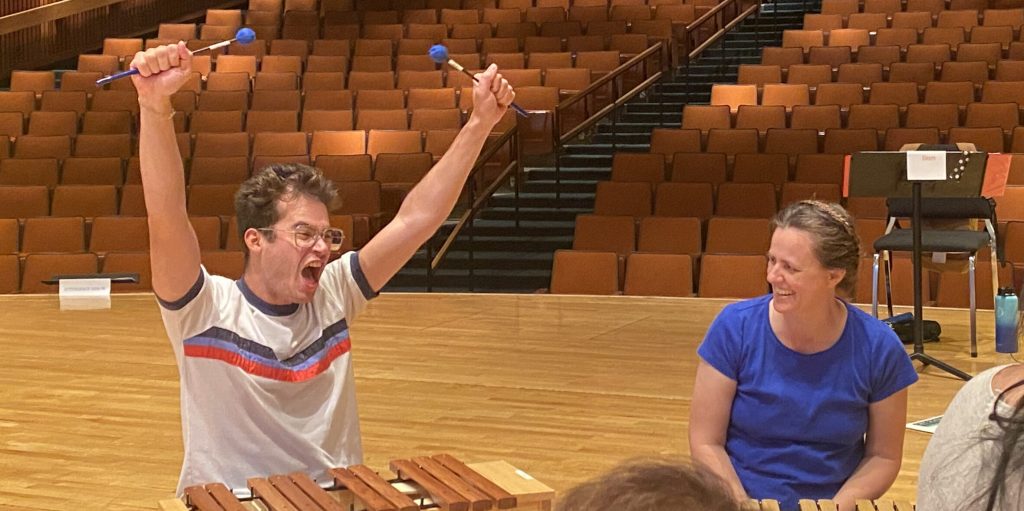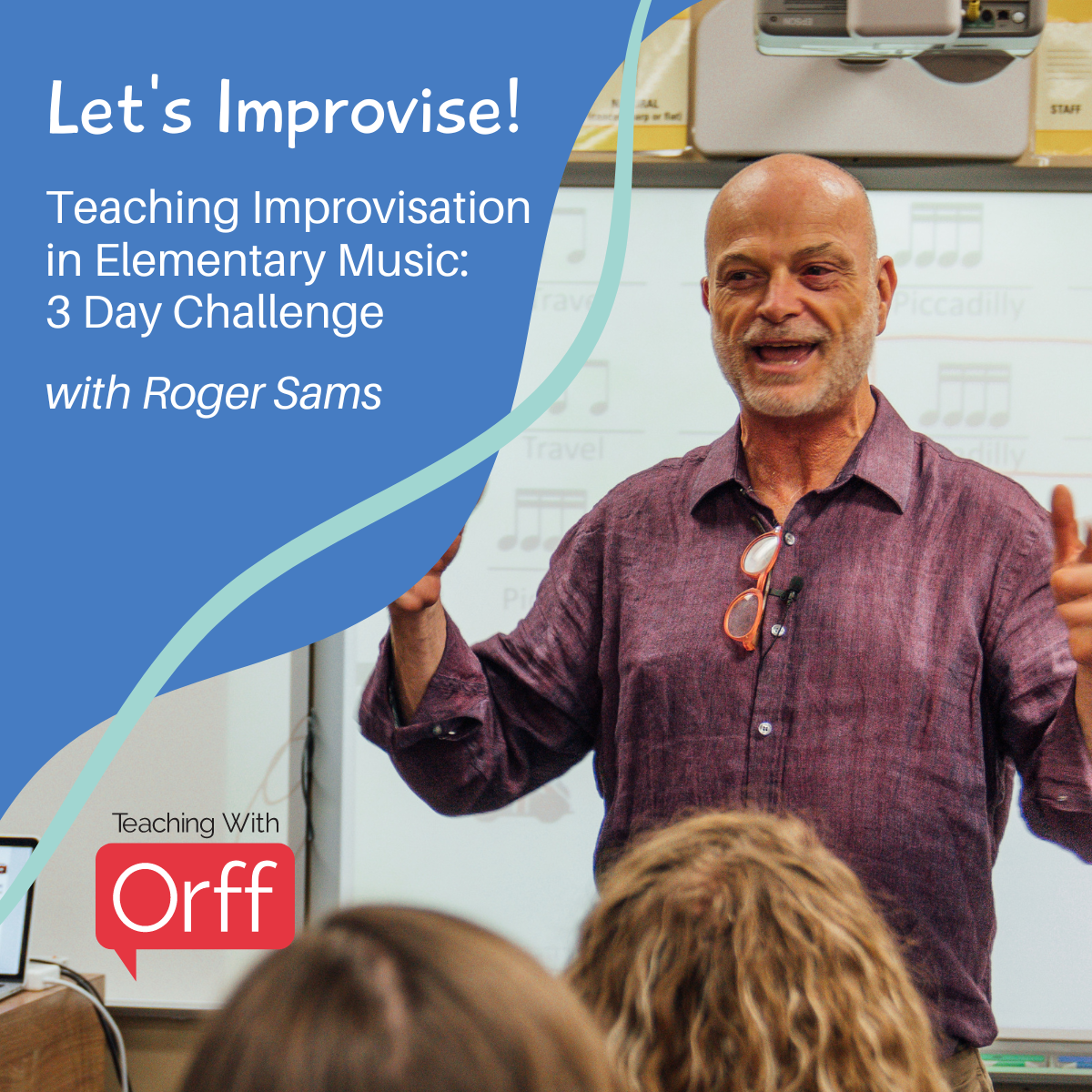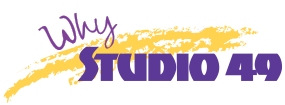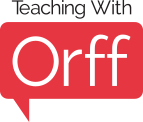
Making It Work: Post-Level III
After completing your final Level of the Orff certification process, you’ve received your AOSA Certificate in the mail. Matting, framing, and hanging the powerful token of your accomplishment, you sit in wonder at the future possibilities. As the late Avon Gillespie (Master Orff Schulwerk educator and 2017 American Orff-Schulwerk Association Distinguished Service Award recipient) reminds us, “in Orff Schulwerk nothing is ever finished. We are not involved in mere problem solving, but in possibility seeking.”
While Gillespie’s poignant statement refers to the enactment of the Orff approach in our classrooms, the possibilities are also nearly endless in our Post-Level III study of the Schulwerk. Gillespie continues in emphasizing that the secret to a fruitful life in the Schulwerk begins with seeking experiences and moments of discovery and that “the lifelong work of Orff Schulwerk must be built on the roots of wonder” (Gillespie, 1987). As experienced Orff Schulwerk educators, many of us seek additional coursework to benefit our students’ musical experiences and feed our own need for professional, musical, and personal growth. Our “roots of wonder” truly begin to germinate, sprout, and blossom with our involvement in Post-Level III coursework.
Curriculum Development
There is a misconception that there is little understanding of the educational capacity of the Orff Schulwerk materials, with the utilization of the Orff approach having a misguided reputation as disjointed, scattered, and lacking in curricular direction. Though we as Orff Schulwerk practitioners have gained an understanding of how to utilize both Orff and Keetman’s primary sources and other materials through the Orff approach, there is enormous potential within a Curriculum Development course to focus one’s teaching as we meet students in each grade level.
Courses in Curriculum Development have been available for Orff Schulwerk practitioners for decades, with opportunities presenting them as early as the mid-1980s. One such course was led by Orff Schulwerk luminaries, Jane Frazee and Arvida Steen in 1984 at Hamline University (AOSA, 1984). Steen and Frazee’s initial groundbreaking course has led to the inclusion of similar courses in Curriculum Development at a number of other sites of Orff Schulwerk dispersal. Notably, Steen led courses herself and with her protegé, Jay Broeker, until her retirement in the summer of 2000 (AOSA, 2000; AOSA, 2001).
My personal experience includes courses in Curriculum Development at the University of Kentucky and the University of St. Thomas. Each of these courses were led by former students and mentees of the initial course facilitators, with my course at the University of Kentucky being led by Jay Broeker and the course at the University of St. Thomas course being led by Diana Hawley. Though varied in material, both courses took great inspiration from the initial leaders’ framework, using a curriculum grid familiar to users of Steen’s revolutionary book “Exploring Orff” as well as models from Frazee’s unprecedented text “Discovering Orff” and its supplements, including “Artful-Playful-Mindful in Action.”
In addition to the analysis of one’s grade level activities for inclusion in the curriculum grid (which acted as a culminating project for participants), we had the opportunity to experience teaching models where the instructor led us through activities that would be appropriate for each grade level band. After participating in each activity, we would analyze why it might be appropriate in that particular grade level and discern whether it might share that appropriateness within our own teaching situation. Once we had experienced the instructor’s models, we created our own lessons for involvement in our newly revised curriculum, with a number of lab teaching experiences being some of the most valuable aspects of the course.
Though instructors in other courses might veer from Steen and Frazee’s initial model, the opportunity to analyze the skills needed to develop an effective music curriculum is invaluable. Please consider taking advantage of this opportunity for yourself and your own students. This summer (2024), there will be courses of this sort available at the University of St. Thomas (Diana Hawley) and Anderson University (Lisa Sullivan Odom). Please visit the AOSA Course Website Listings for more information or for additional courses, as they are added frequently.
Master Class
According to the Handbook for Orff Schulwerk Teacher Education Courses, Master Classes are only suited for those music and movement educators who have completed all three Orff Schulwerk Levels Courses. As stated on the AOSA website (2013), “Master Classes are intended to be a series of specialized, intense, and focused high level experiences.” Additionally, AOSA states that “Participants who do not have the background knowledge from the three levels of Teacher Education courses will not benefit from the advanced ideas that are being presented in a Master Class situation unless they have the appropriate foundational learning.”
Each Master Class demands immense focus from the participants, but the information and materials will vary per instructor and be dependent on the course design. Courses might focus on intensive study of the Orff and Keetman primary materials, delve deeper into the historical foundations of the Schulwerk (Elemental Explorations with BethAnn Hepburn), create connections between the Schulwerk and diverse media or new music (Matt McCoy–Building on the Past, Looking Towards the Future), or find the connecting threads between Orff Schulwerk and the others arts and sciences (Integrating the Arts with Sofia Lopez-Ibor). Additionally, instructors might choose to share their greatest passions (or their students’ passions) through their course design. In another recent Master Class, Karen Medley shared her passion for catering to a child’s view of the world with a course entitled “Through Children’s Eyes.” Whatever the theme, content, or design of the Master Class, each participant will gain experiences that will weave together the various threads of the Schulwerk together in a new synthesis for themselves and their students.
Supplemental Courses in Specialized Topics
In addition to Curriculum Development and Master Class, there are a variety of courses offered that might better support both your students’ and personal needs. You might hope to broaden your understanding of implementing the Orff approach with your youngest students– consider Janet Greene’s course in Orff Schulwerk and Early Childhood. Perhaps you have a passion for involving music unique to the United States in your approach to teaching– have you heard about Doug Goodkin’s Course in Jazz and Orff Schulwerk? 2024’s other opportunities include a course in Orff Schulwerk and Popular Music (Martina Vasil and David Dockan, University of Kentucky), Trauma-Informed Pedagogy through the Orff Schulwerk lens (Dr. Abbie Van Klompenberg, University of Kentucky), Composing and Arranging in the Style of the Schulwerk (Elemental Composition at Anderson University), and a Post-Level III Retreat in Oregon (Portland Orff, with Kris Olsen, Matthew Stensrud, and Fauna Woolfe). These courses change from year to year, with courses still being added, so please visit the AOSA Course Listing for more details.
International Orff Schulwerk Experiences
Though these courses vary on a yearly basis, there are a multitude of opportunities beyond the United States. As the Schulwerk’s development is different in each of its countries of dispersal, exploring international coursework is also worth considering.
The Orff-Institute in Salzburg offers a variety of courses for music and movement educators, with its yearly International Summer Course being one of its most approachable. In this course, seasoned practitioners of the approach offer classes that cater to an international clientele. I had the opportunity to visit the Orff-Institute in 2018. One of the most striking features of the course was the inclusion of students from six continents and dozens of countries. It was both incredibly exciting and humbling to be involved in a course with students with such diverse backgrounds and understandings of Orff Schulwerk. The classes at the Institute cover elemental pedagogy, movement, and learning through play– all hallmarks of the Schulwerk. Please visit the Orff-Institute’s website for details on how to register.
Outside of the Orff-Institute, there are a number of additional international courses that you might find inspiring.
- JaSeSoi Ry’s International Music Village: Often held in Finland (as it is a course associated with the Finnish Orff Association, JaSeSoi Ry), 2024’s course will be held in Croatia as the beginning of a rotating series of summer courses, with next year’s course being held in Catalonia. This rotation is being done in an effort to provide greater accessibility to the world’s Orff Schulwerk practitioners.
- Orff-Afrique: This course happens biennially in Dzodze, Ghana. Led by Dr. Kofi Gbolonyo and further facilitated by Doug Goodkin, Sofia Lopez-Ibor, and James Harding and other faculty local to Ghana, the course explores the connections between Orff Schulwerk, the traditional musics of Ghana, and the music of the West African diaspora. The course will be offered in the summer of 2025.
- There are often other courses offered around the globe, so please visit the International Orff-Schulwerk Forum Calendarfor more information.
Retaking a Level (Or More!)
If the thought of taking additional supplementary courses seems daunting, perhaps taking a familiar course will be appropriate to expand your understanding of Schulwerk. I have been fortunate to retake my Levels courses as part of my graduate program. With that opportunity, one has the chance to follow the instructor’s teaching process in a way that a first-time participant might not. Using their understanding of the Orff approach and unencumbered by first-time body percussion woes, bashful movement exploration, and speech piece tongue twisting, participants might gain even more understanding during their second “go through.” Please consider this valuable opportunity at any of the incredible courses listed on the AOSA Course Listing Website.
And if you are earlier in your Orff certification journey and want to learn more about what to expect in each course, please see our post on 2024 Summer Orff Levels.
See all posts by Scott Roether
1 Comments
Leave a Comment
Sign up for latest Orff Tips, Lesson Plans and Advocacy Tools

Empower your students to create their own music in this free 3-day challenge with Roger Sams. (Lessons delivered via email)

Learn about the legendary factory that started it all and why so many teachers like you love our instruments.

Additional post-Level III experiences newly available for the summer of 2024:
Brent Holl facilitating a course at Appalachian State (Orff Extended, 6/17-6/21)
Beth Melin Nelson and Kris Olson leading a course at the University of St. Thomas (Master Class, 7/22-7/26)
A number of additional supplemental courses (in addition to a Matt McCoy Master Class listed above) available at George Mason (Head Voice: How to Teach and Preserve One’s Voice? with Keith Hudspeth, Fostering Students Emotional Intelligence with Mary Evans, and Sing & Play Children’s Literature with Shoshanah Drake.)